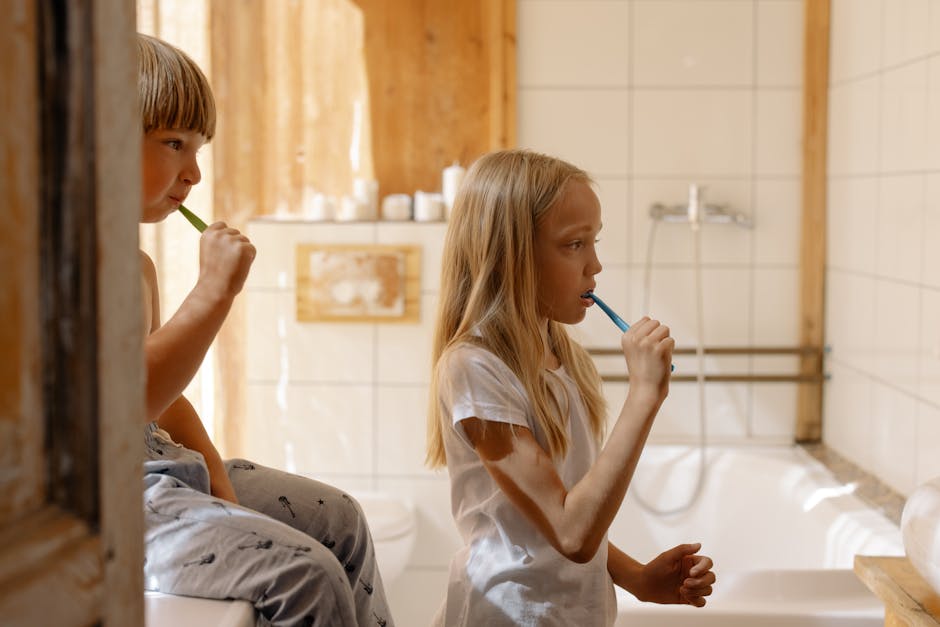Parenting, a journey of immense love and dedication, often entails the challenging task of instilling discipline in children. This is not a straightforward matter, as the responsibility for fostering appropriate behaviours and a sense of responsibility within the family unit is a shared one, intricately interwoven with the unique dynamics of each household.
The concept of discipline, itself, requires careful consideration. It’s not merely about punishment, but encompasses a broader spectrum of actions designed to guide children towards responsible behaviour and a profound understanding of social expectations. This holistic approach fosters self-control, respect, and empathy, ultimately promoting their growth into well-adjusted individuals.
A central question arises: Who bears the primary responsibility for discipline within the family? The answer, unequivocally, lies in a collaborative effort. While parents undoubtedly play a pivotal role, siblings, grandparents, extended family members, and even the children themselves contribute significantly to the overall disciplinary framework.
Parents, the primary caregivers, hold a significant responsibility. They are tasked with setting clear boundaries, consistently enforcing rules, and modelling appropriate behaviour. This involves creating a safe and predictable environment where children feel understood, loved, and supported. Clear communication, based on empathy and understanding, is paramount. Explaining the “why” behind rules, rather than simply issuing directives, fosters a deeper understanding in children and promotes adherence.
However, a crucial aspect of effective discipline often overlooked is the cultivation of positive reinforcement. Acknowledging and rewarding good behaviour significantly strengthens positive patterns. Praising effort, celebrating milestones, and creating opportunities for children to experience a sense of accomplishment are vital elements in fostering self-discipline.
Siblings, too, play a crucial part. Older siblings, in particular, can serve as role models and educators within the family dynamic. Encouraging cooperation and sharing, and intervening constructively when conflicts arise, contribute meaningfully to the overall environment. Their involvement fosters a sense of shared responsibility and empathy, creating a more robust support system for everyone.
The role of extended family members, such as grandparents, aunts, uncles, and cousins, cannot be underestimated. Their involvement, often in the form of guidance, support, and positive reinforcement, adds another dimension to the intricate web of family discipline. These relationships provide a wider perspective and a variety of experiences, enriching the child’s understanding of social norms. However, it’s crucial that extended family members understand and adhere to the rules and boundaries established by the parents.
It’s equally important to acknowledge the role of children themselves in the disciplinary process. As they mature, children begin to understand the consequences of their actions and can take greater ownership of their behaviour. Encouraging self-reflection, problem-solving skills, and emotional intelligence empowers them to make responsible choices and manage their own behaviour more effectively.
Furthermore, a shared responsibility encompasses establishing clear expectations and consistent implementation. The entire family should be aware of the rules and consequences, ensuring everyone is on the same page. Varied approaches from different family members can lead to confusion and contradictory messages, undermining the effectiveness of the discipline. Open communication and collaboration are essential.
Ultimately, maintaining a healthy balance between structure and freedom is key. Rigid rules without flexibility can stifle creativity and autonomy. While guidelines are vital, providing opportunities for children to develop their independence and judgment is equally important. Finding this balance requires constant adaptation and adjustment based on the developmental stage and needs of the child.
Moreover, recognizing that every child is unique is vital. What works for one child might not be effective for another. Observing individual differences in temperament, learning styles, and emotional maturity is essential for tailoring disciplinary approaches effectively. Sensitivity to individual needs, coupled with consistent application of rules, builds trust and strengthens the parent-child relationship.
In conclusion, family discipline is not solely the responsibility of parents. It’s a multifaceted process involving a collaborative effort from all members of the family unit. By fostering open communication, consistency, and understanding, families can cultivate a supportive environment where children learn crucial life skills and develop into well-adjusted individuals. This involves recognizing the diverse roles each member plays, from parents and siblings to grandparents and the child themselves. The success of a disciplinary approach rests on the shared commitment of everyone involved, creating a cohesive and nurturing family dynamic that facilitates the child’s development.
